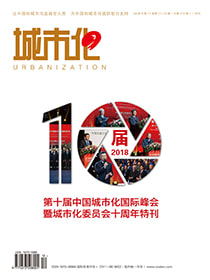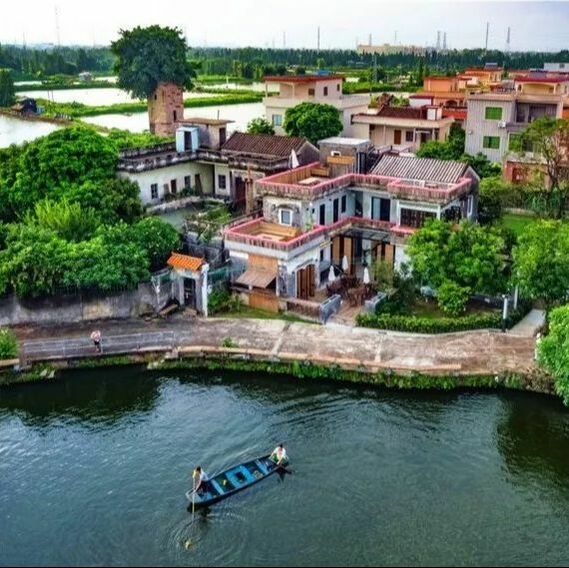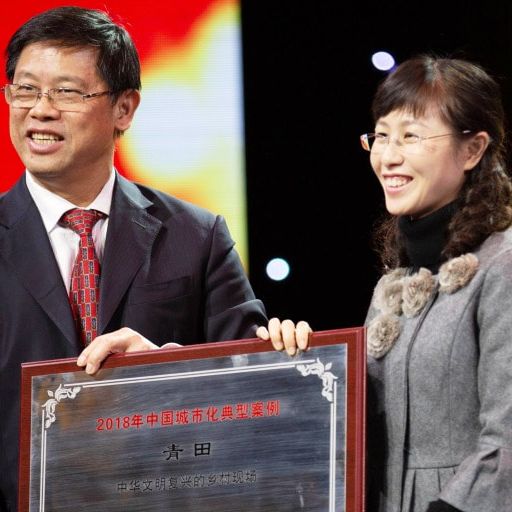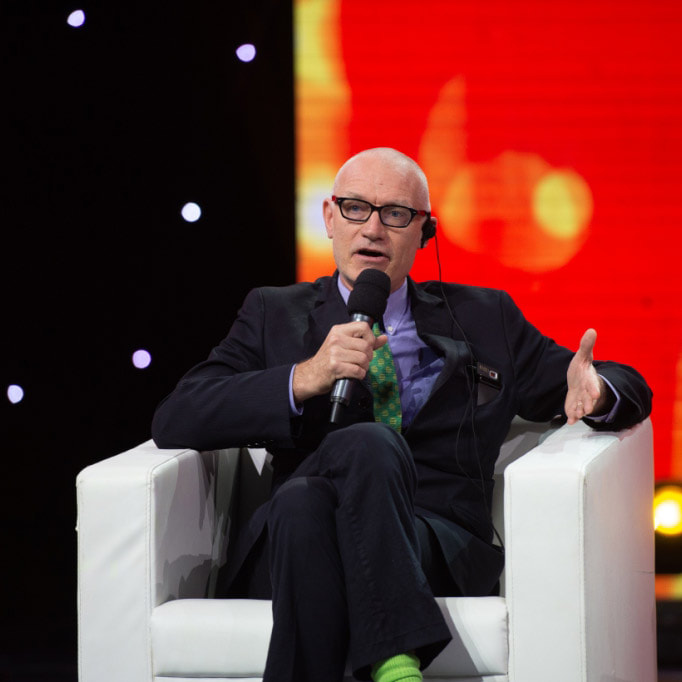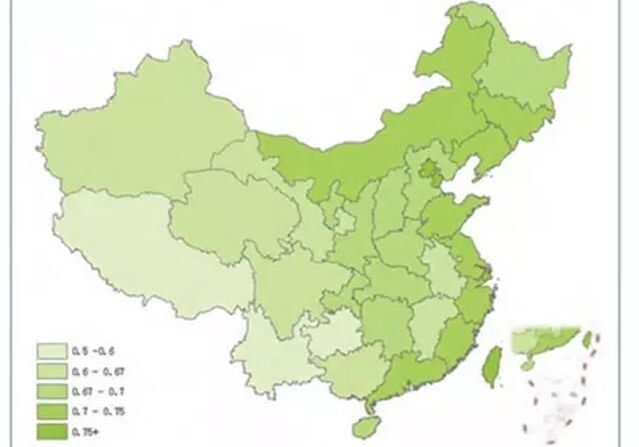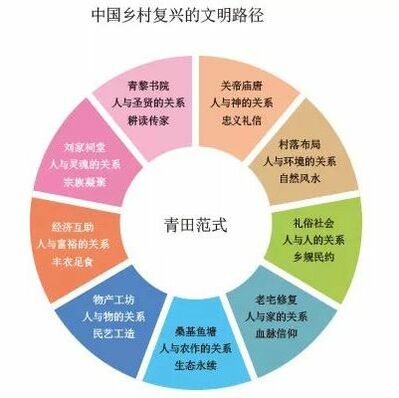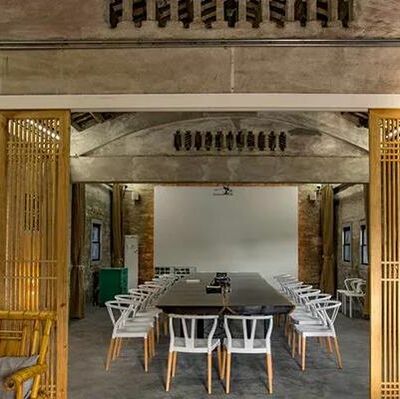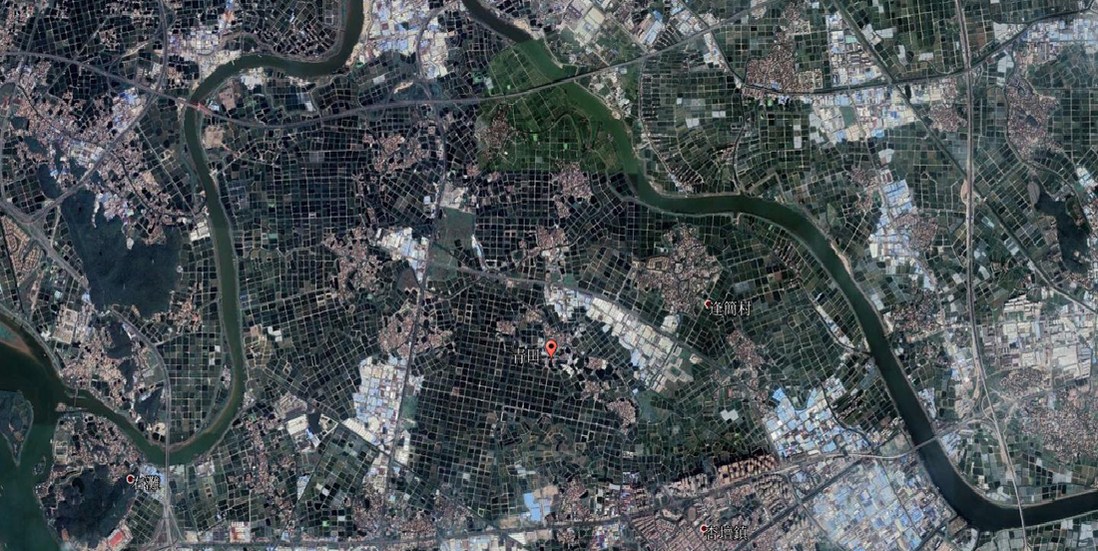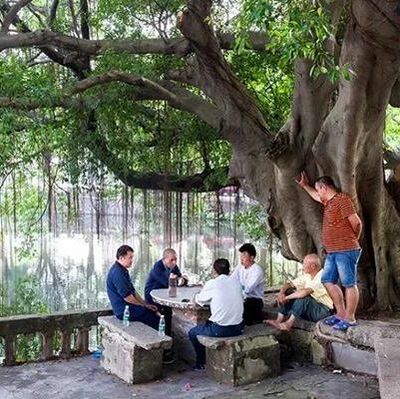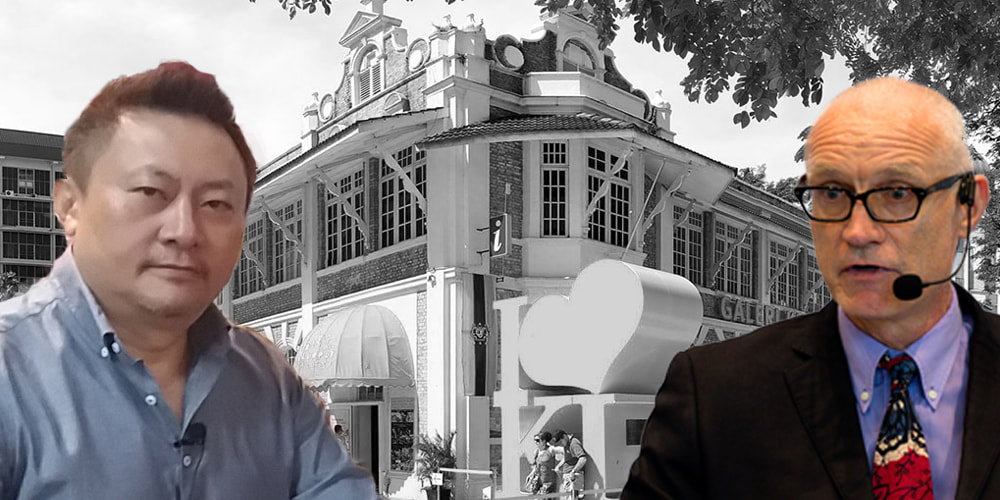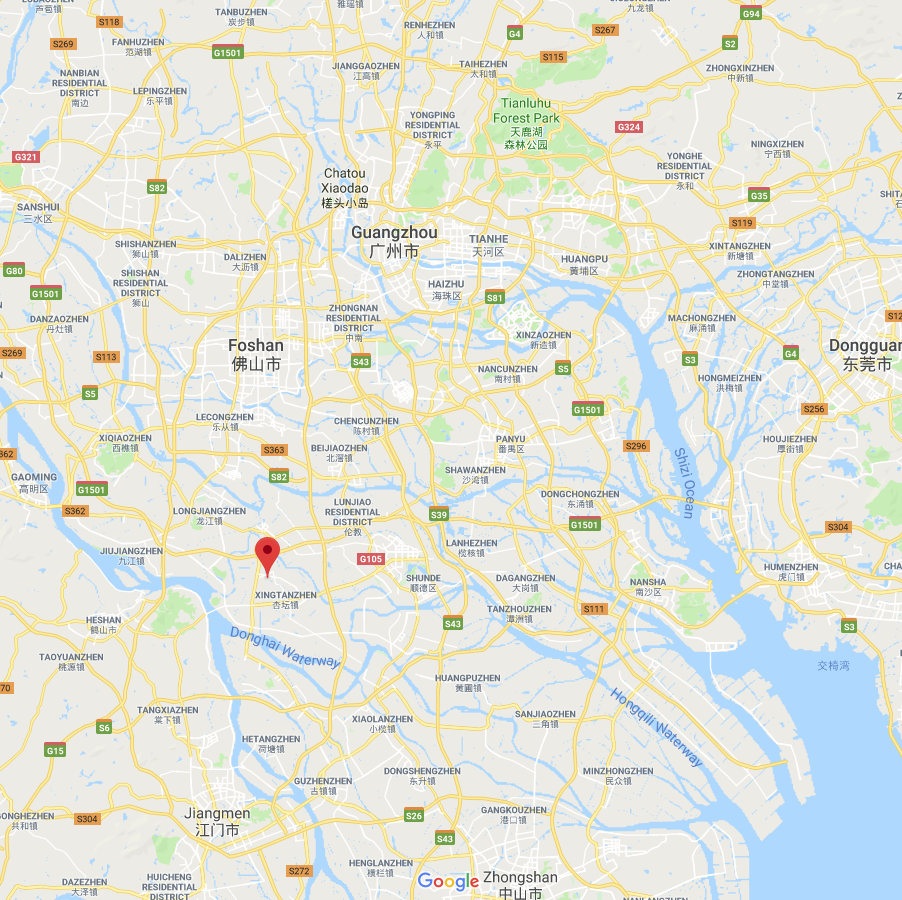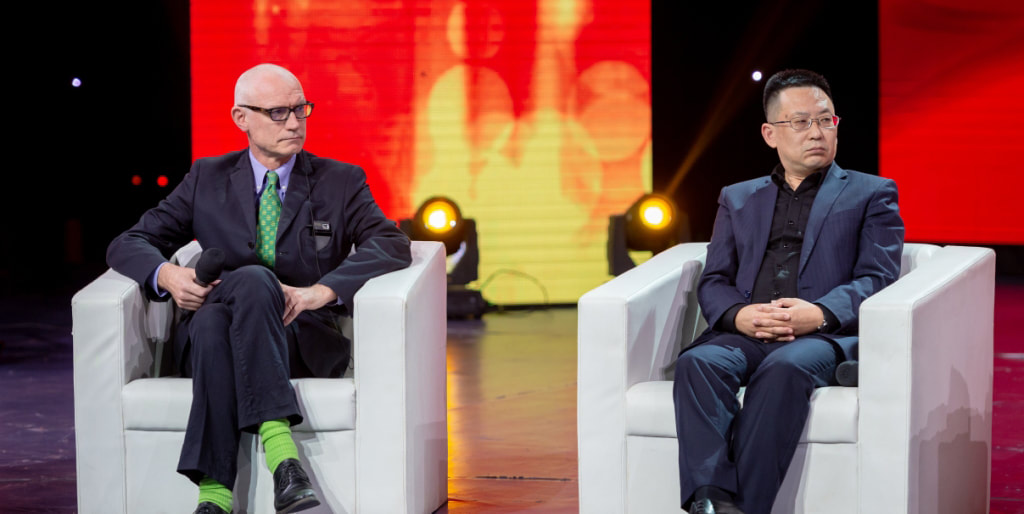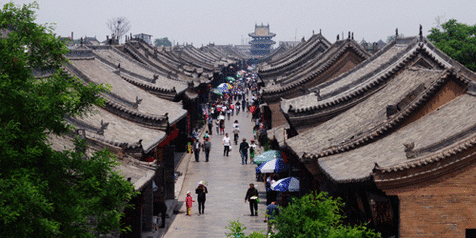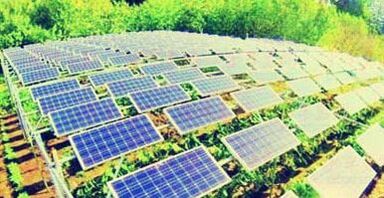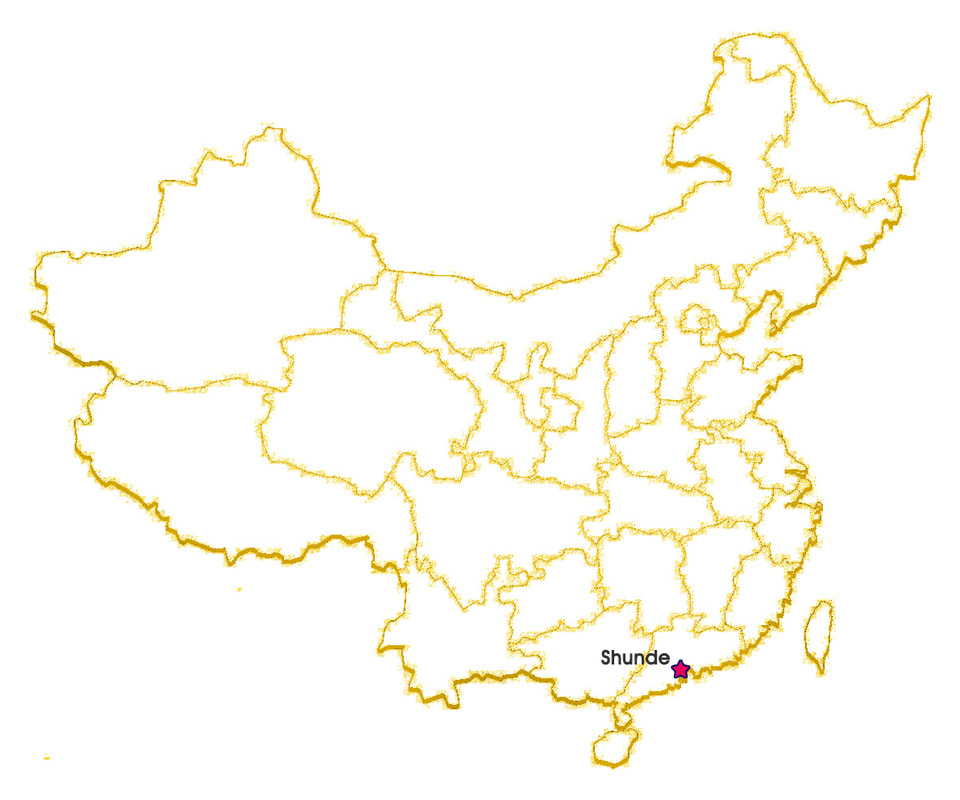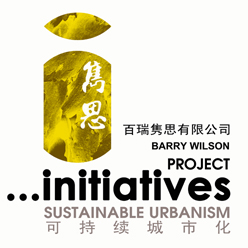|
Nine Paradigms for Sustainable Rural Development
14/05/2019
barrysays
China's modernisation transformation has been at the expense of rural areas. Long term social transformation has brought a crisis to the countryside: land loss and environmental pollution; disintegration of ethical order; and a collapse of belief values and social standards. A village named Qingtian in Shunde, at the heart of the Guangdong industrialisation process, has managed to push back against the strong impacts of urbanisation, maintaining its unique rural form and regional style. A series of works initiated by the Village Housing Conservation Foundation have demonstrated an exemplary use of mass stakeholder involvement to activate local cultural values, educate youth and promote unique cultural industry in the semi-rural area. Last December I was pleased to be able to participate in a panel discussion on this case study and evaluate the restoration and revitalisation process of the village.
2019/01/22
Quality not Quantity Makes Urban Liveability 2018/12/03 Mindset the Key to Changing Cities 2018/09/26 An Ecology of Urban Spaces 2018/08/07 Managing Trees in the Urban Environment 2017/10/31 Housing is not a Speculative Commodity |
The purpose of China International Urbanization Development Strategy Research Committee or CIUDSRC is under the guidance of the Science & Technology Commission attached to the Ministry of Housing and Urban-Rural Development, P. R. China or MOHURD. It has been initiated by government officials, research institutes, academic communities, city planners & designers, entrepreneurs from different sectors, financial institutions, and organizations for integrated sales as well as media partners. It aims at enhancing strategic research and collaboration in the field of urbanization.
|
Services |

